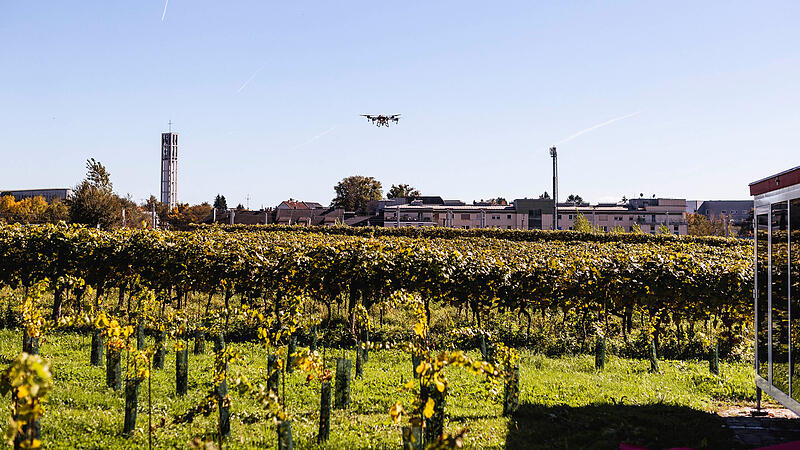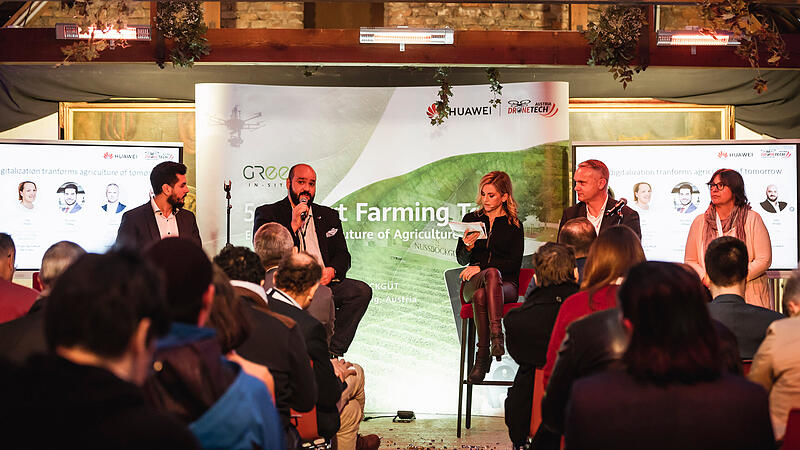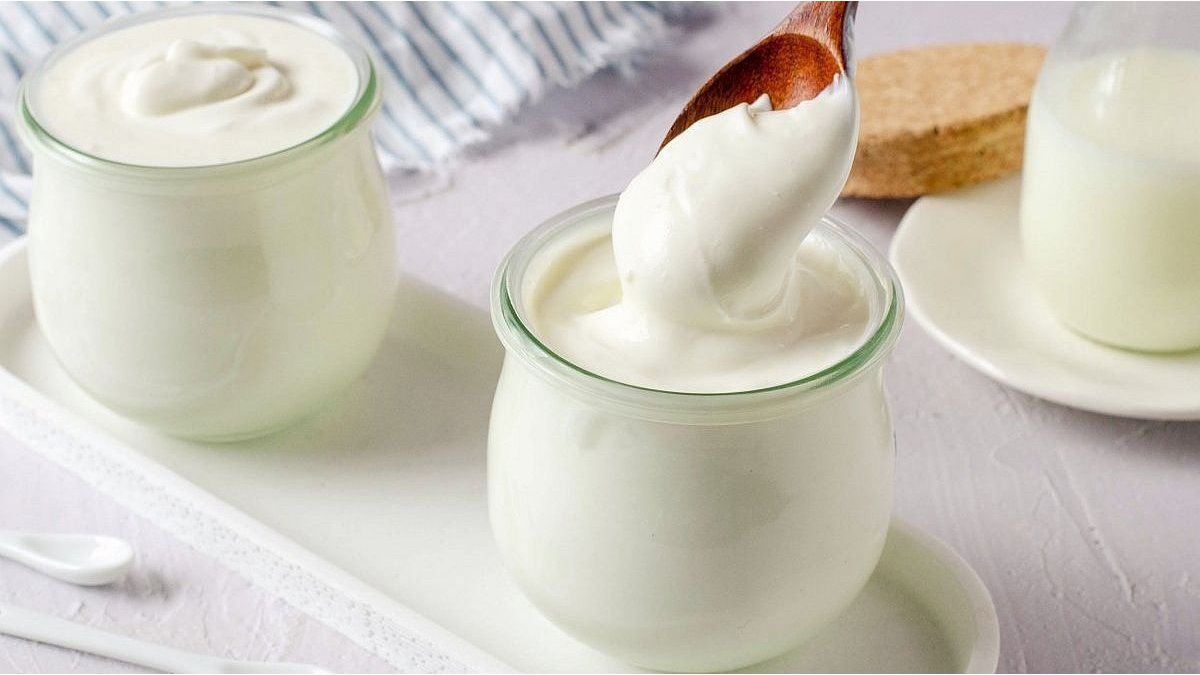This is also the case at the Velechovsky family’s Nussböckgut estate in Leonding, where wine has been grown since 2003. Because here, drones hover over the vines and keep a stern eye on the production process. And thanks to artificial intelligence, they always know what to do in which situation. The pilot project by Huawei and Dronetech was rolled out at Nussböckgut about a year ago. On Tuesday, those responsible in Leonding presented how the project should start in its second phase.
Winemaker Beatrix Velechovsky has gained initial experience with the digital harvest helpers: “We can use the technology if we check the condition of the fields. In the past, you had to walk around and look at everything row by row.” The drones would recognize problems and so it would be possible to take measures such as the use of pesticides only selectively and not on the entire cultivation area.
Fly quickly over the field with the drone – is it that easy? “The other side is that you get a lot of data. You have to be able to process it and deal with it,” said the wine farmer. Nevertheless, she is convinced that the technology will continue to develop and that the use of drones will save many farmers time, labor and costs.


5G as standard
Because the drones transmit their data in real time, fast transmission is necessary. This happens via the 5G network. “5G was developed for three main application areas: for high bandwidth, low latency and to connect millions of devices,” said Erich Manzer, Deputy Managing Director of Huawei Austria. From a technical point of view, the biggest challenge is network coverage. Because the supply is primarily designed for the end user on the ground, the 5G air can quickly become thin for drones flying around 50 meters above the fields.
Huawei is working with the Linz-based company Dronetech to implement the project. Their drones are true all-rounders: The overall condition of a field can be assessed with an RGB sensor. A multispectral sensor provides information about how healthy a plant is. “We can’t yet say whether the problem is due to poor irrigation, too little fertilizer or a pest infestation. But we can say which areas are healthy and which are not,” explained Dronetech operations manager Felix Müller.
The smart farming project is now entering its second phase. Because now the drones can react independently and specifically to problems. If, for example, it is recognized that there is a lack of nutrients at a certain point, a specially equipped aircraft can spread fertilizer on the field. Now Dronetech and Huawei want to make the technology available to other interested parties. Farmers, municipalities, companies, but also private individuals can rent the drones and AI solutions.


Source: Nachrichten




